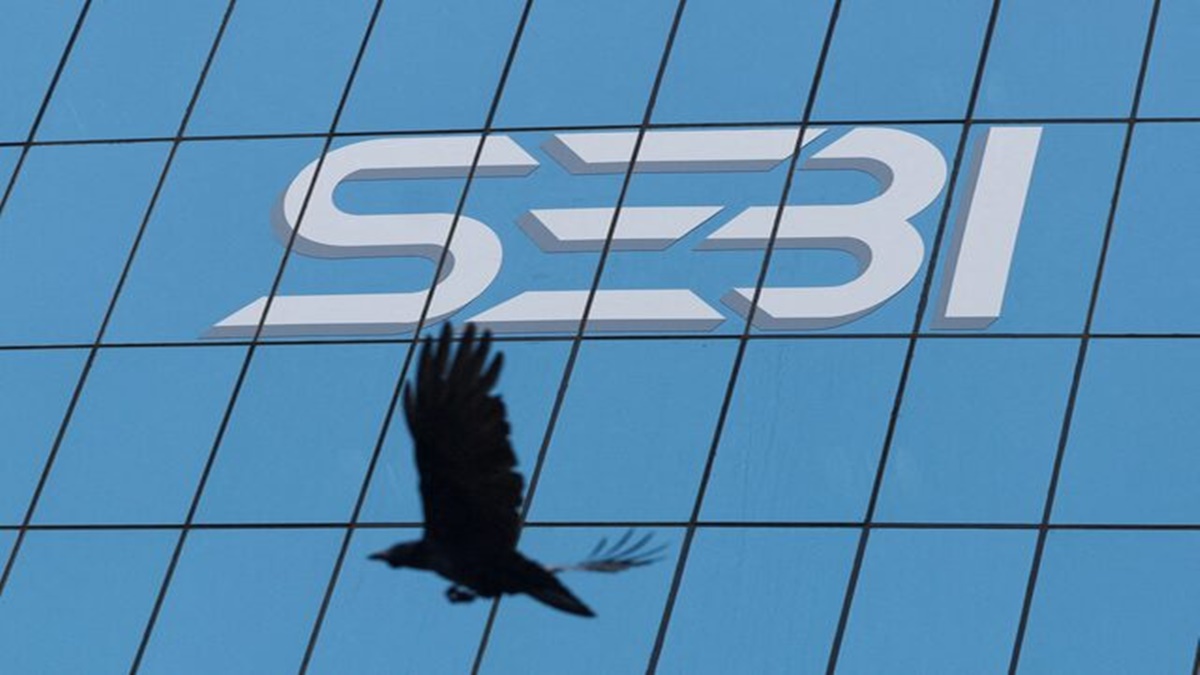The Securities and Exchange Board of India (SEBI) has put forth an intriguing proposal aimed at reshaping the landscape of equity derivatives trading. On Thursday, SEBI suggested that the expiration dates for equity derivatives contracts should be standardized to either Tuesdays or Thursdays. This move is designed to enhance predictability for investors while ensuring robust market integrity.
Proposed Changes for Expiry Days
In its consultation paper, SEBI indicated that this change will not only optimize the timing of expiries but will also prevent the selection of either the start or end of the week as an expiry day. By adopting this strategy, SEBI aims to improve market conditions and protect investors from potential volatility.
- Key Benefits of Proposed Expiry Days:
- Provides consistency and predictability for market participants.
- Reduces the risk of concentrated trading activities.
- Offers exchanges a chance to differentiate their products.
Competitive Landscape: BSE vs. NSE
This proposal emerges during a period of heightened rivalry between the Bombay Stock Exchange (BSE) and the National Stock Exchange (NSE) over their respective shares in the futures and options (F&O) market. Notably, BSE has experienced a significant increase in market share, soaring to 36.8% this quarter, a substantial leap from 4.2% in the previous year’s second quarter.
Earlier in the month, NSE’s decision to move its Nifty contracts’ weekly and monthly expiry from Thursday to Monday (effective April 4) stirred considerable excitement in the market, triggering a decline in BSE’s share prices. Analysts speculated that this shift could negatively impact BSE’s trading volumes. However, SEBI’s latest proposal may compel NSE to reconsider its new expiry day strategy.
Impact of Regulatory Guidelines on the F&O Market
The F&O market has faced challenges after SEBI implemented strict guidelines aimed at curbing retail investor participation. The trading volume has plummeted, now at about half of what it was during the record highs of the second quarter of FY25. Additionally, SEBI recently directed exchanges to facilitate options contracts for a single benchmark index with weekly expiries. In response, BSE shifted its Sensex weekly expiry to Tuesday.
Additional Recommendations
Besides the central proposal regarding expiry days, SEBI has also suggested that all equity derivatives—including benchmark index futures and options, as well as single stock derivatives—should maintain a minimum tenor of one month, with expirations slated for the last week of the month, specifically on either the last Tuesday or last Thursday.
The consultation paper emphasized that spacing out expiry days could mitigate concentration risks while fostering market stability. It also cautioned that having too many expiry days could lead to chaotic trading activities that might undermine investor protection.
Invitation for Public Feedback
SEBI is keen to gather feedback from the public regarding these proposals and has set a deadline for comments and suggestions until April 17. This initiative reflects SEBI’s commitment to fostering a transparent and stable trading environment that benefits all market participants.
In summary, these proposed changes by SEBI could significantly influence the trading patterns within the equity derivatives market, creating a more predictable and secure atmosphere for investors.











